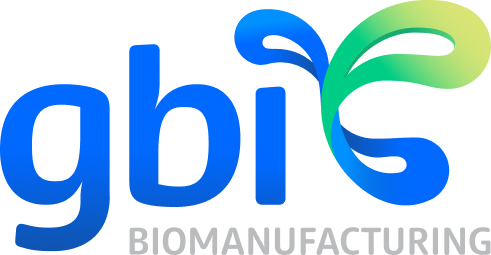The recent congregation at CPHI 2023 in Barcelona was not just a meeting ground for pharmaceutical professionals but a demonstration of the advancements we’ve come to witness in the industry. Alongside my colleague Darrin Schellin, our week with GBI Bio was enlightening, to say the least. It provided a fantastic opportunity to gauge the accuracy of my pre-conference predictions against the reality of the discourse and developments in the sector. Here are the reflections on those predictions and the reality that unfolded.
Prediction 1: Biologics Commercial Launches in 2024
Heading into the conference, I was keen to see how my predictions regarding Biologics License Applications (BLAs) for 2024 would stand up. Although a direct match wasn’t identified, the insights were invaluable. Georgia Sloboda and her team at Latham illuminated the broad spectrum of challenges looming over biomanufacturing’s horizon. Their talk, “Challenges for BioManufacturing in 2023 and Beyond,” highlighted critical industry-wide issues from labor shortages and the integration of new technologies to the imperatives of sustainable sourcing. It stressed the need for efficient interactions with regulatory authorities and the transformation of older production facilities. What’s clear is that the future demands both agility and a well-crafted strategy for firms to thrive amidst these changes.
Prediction 2: The Future of Upstream Cell Culture Technology
The excitement for upstream cell culture technology’s future was high, especially during the session led by Christian Witz, CEO of Simvantage. Witz presented a riveting glimpse into the potential of reactor simulations. His emphasis on “Reactor simulations made accurate, fast, and easy” shed light on how computer models can facilitate a seamless transition from lab-scale to production-scale processes. The capability to validate simulation-based scale-up with a singular batch and leap directly into production is a game-changer. This approach promises a significant decrease in experimental workload and a faster time-to-market. Witnessing these transitions was like watching a new era in biopharmaceutical manufacturing take shape right before our eyes.
Prediction 3: The Future of Bioconjugate Molecules
The progress in the field of bioconjugate molecules is nothing short of astonishing. Their potential is ever increasing, surpassing many of our expectations. My discussions at the conference revealed a particular interest in non-cytotoxic antibody conjugates and the breakthroughs in linker technologies. These innovations are not confined to the realm of theory. They are actively carving out a path for more versatile and potent therapeutic and diagnostic applications. The concerted efforts of the industry are on the brink of unlocking potential we have only begun to comprehend in biopharmaceuticals.
Overall, CPHI 2023 served as a platform not just for validation but also for expansion of pharmaceutical foresight. While some predictions were confirmed, others led to the broadening of perspectives in unexpected and exciting directions. The experiences and knowledge shared have further solidified our resolve to integrate these insights into our work, contributing to a surge in innovation within the pharmaceutical landscape.
In Conclusion
The pharmaceutical industry is indeed at a critical juncture, where embracing change is not an option but a necessity for survival. The topics discussed at CPHI 2023—from biomanufacturing challenges to the breakthroughs in upstream cell culture technology and bioconjugates—signal that we are on the threshold of a transformative era in biopharmaceuticals. As we look to the future, it is clear that the integration of innovative technologies and strategies will be paramount in shaping the next generation of pharmaceuticals. Here’s to taking the rich insights garnered from the conference and propelling the industry to unprecedented heights.

Nick has a track record of developing partnerships with pharmaceutical and biotechnology executives to support the biologic CMC activities required to support their clinical trials and hit development milestones. With a background as a bench scientist specializing in manufacturing scale-ups, Nick brings a unique skillset that bridges the business and technical communications between GBI’s team and external stakeholders. Nick’s recent experience involved business development roles for Tokyo Chemical Industry and Cytovance Biologics. He has a B.S. in chemistry and an MBA from the University of Massachusetts, Lowell.
